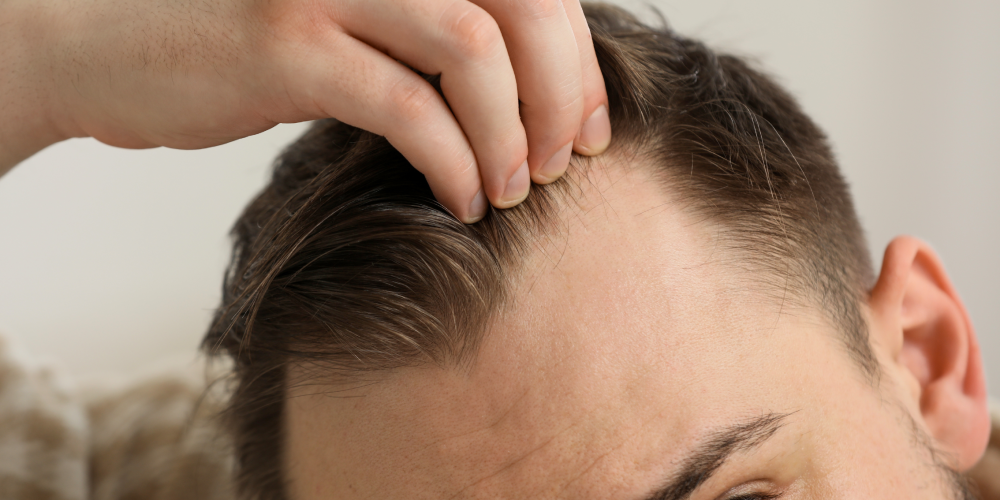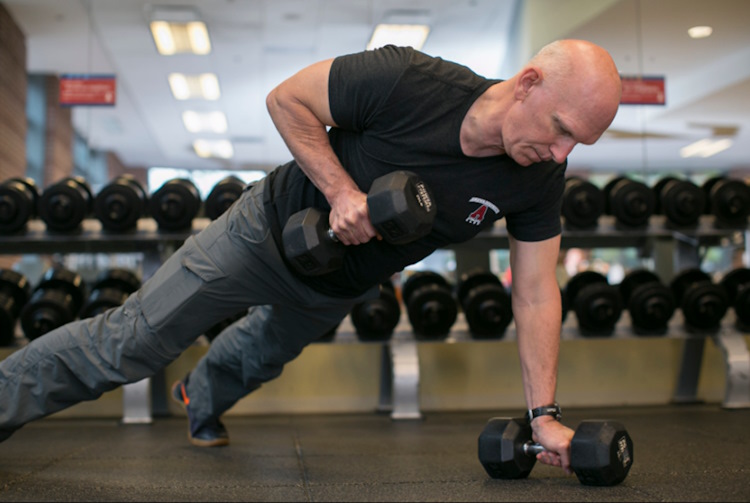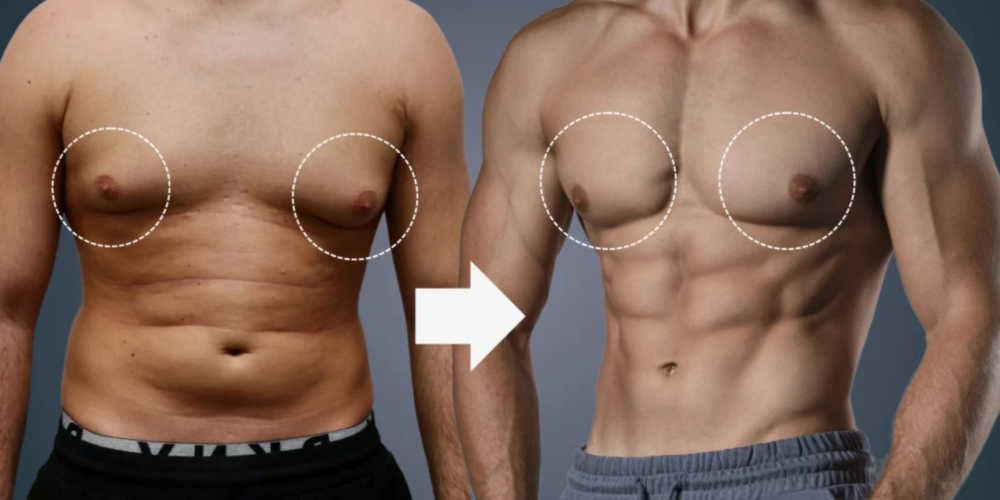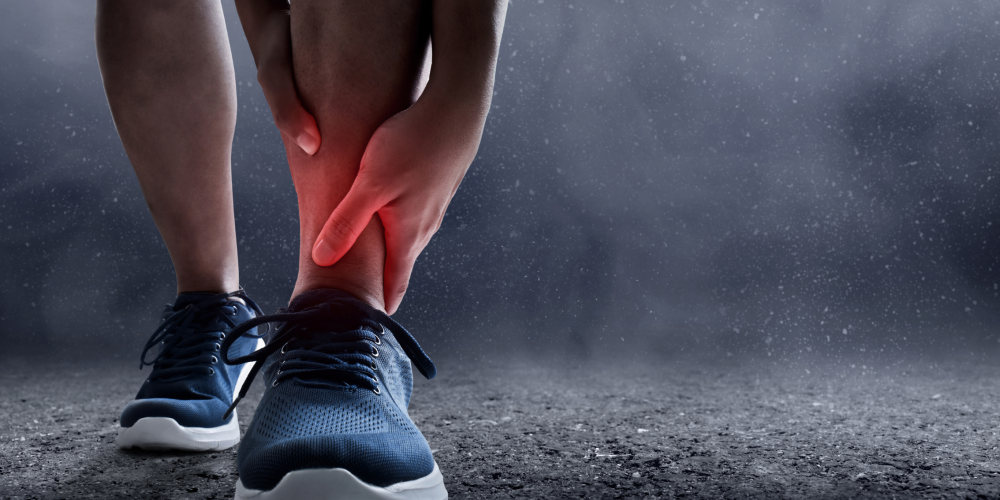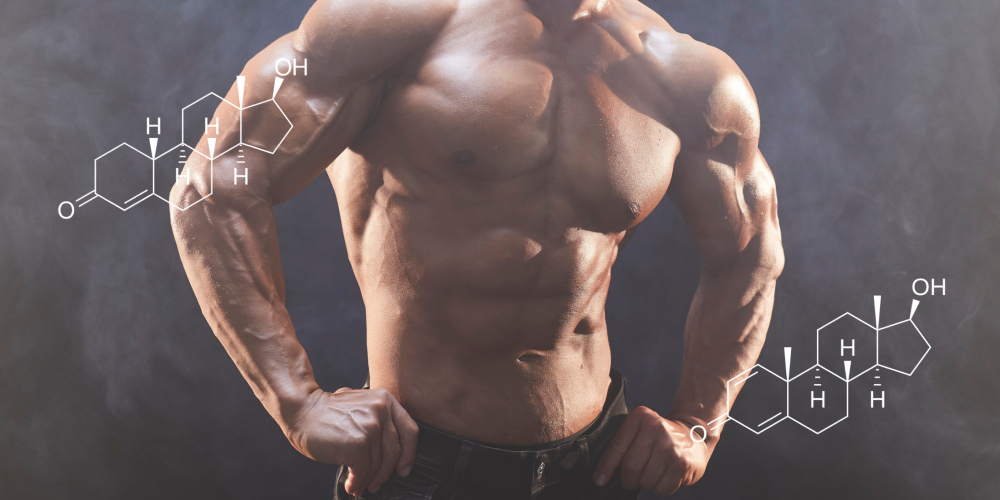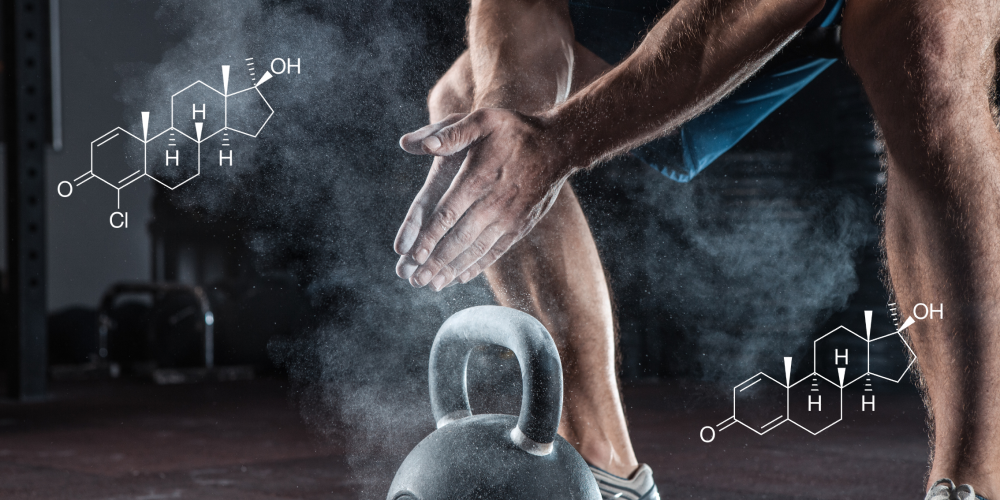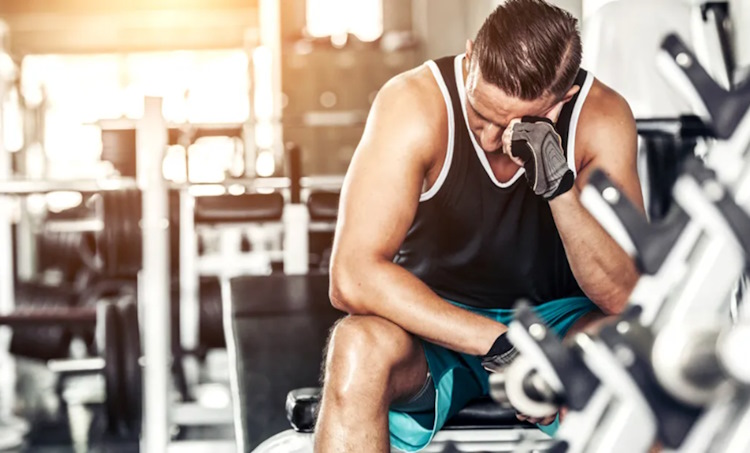Protip: Nicotine Precompetition
Nicotine can become a very interesting supplement for the final stages of a competition or in a short cutting phase for different reasons.
It performs a function of mimicking Acetylcholine, causing an increase in catecholamines such as dopamine and adrenaline, its effects are similar to those of a drug such as clenbuterol or stimulants such as caffeine and Yohimbine.
Pros
- Basal metabolic rate increases.
- Increases the oxidation of fatty acids and glucose.
- It exerts a strong nootropic effect thanks to mimicking acetylcholine, improving attention or training capacity.
- It decreases your appetite, which can be helpful in avoiding pre-competition cravings.
- Increases LH levels.
- It causes an anti-inflammatory reaction thanks to the mediation of cytokines.
- It generates a lower degree of tolerance than other stimulants, therefore a short-term progressive increase would not be necessary to continue enjoying its benefits.
Cons
- It is addictive.
- Increases heart rate.
- Blood pressure increases.
- Causes a rebound effect on hunger.
- Reduces testosterone if its use is chronic.
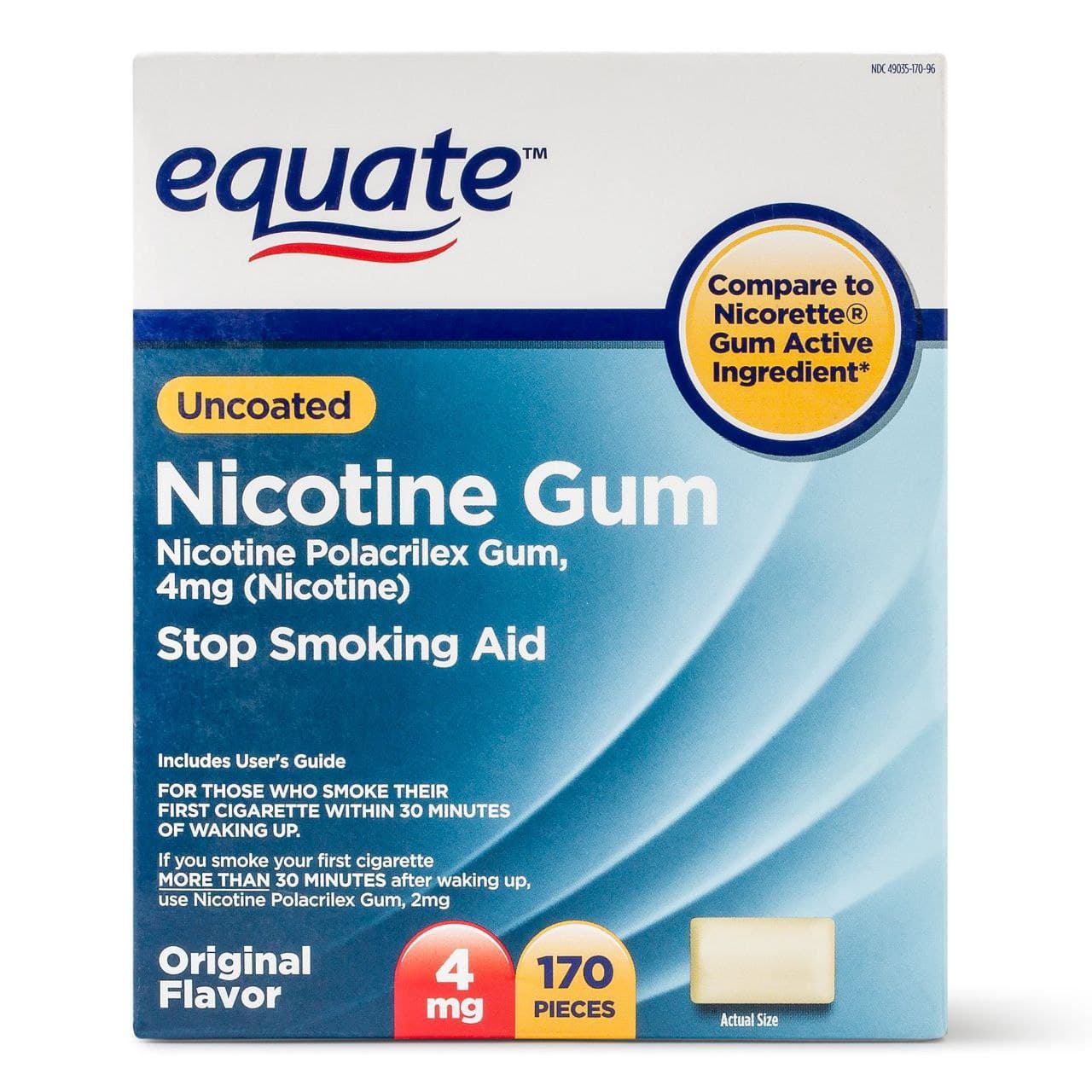
Protocol
It has different routes of administration (no, we dont need to act as a gym bro and smoke cigarettes to achieve its positive effects while obtaining all the multiple negative effects of tobacco).
Of all its forms of administration, the one that I recommend is orally in the form of gum for various reasons, the first of which is that its peak concentration occurs after one hour of consumption, its doses are low so there would be more facilities when dosing it, studies have proven its effectiveness in low doses together with caffeine.
It would be taken as 2-6 mg chewed 30 minutes before training in a combination with caffeine in doses of 200mg or more depending on the person for a maximum time of 4 weeks to avoid addiction or other possible side effects.



